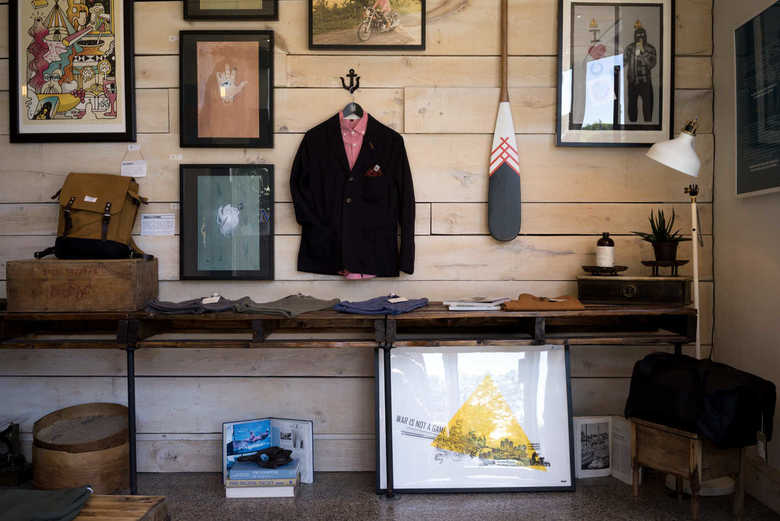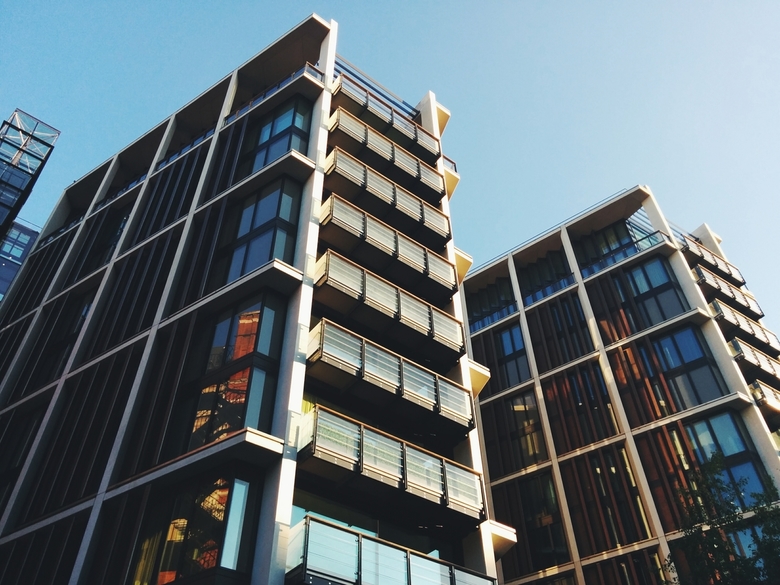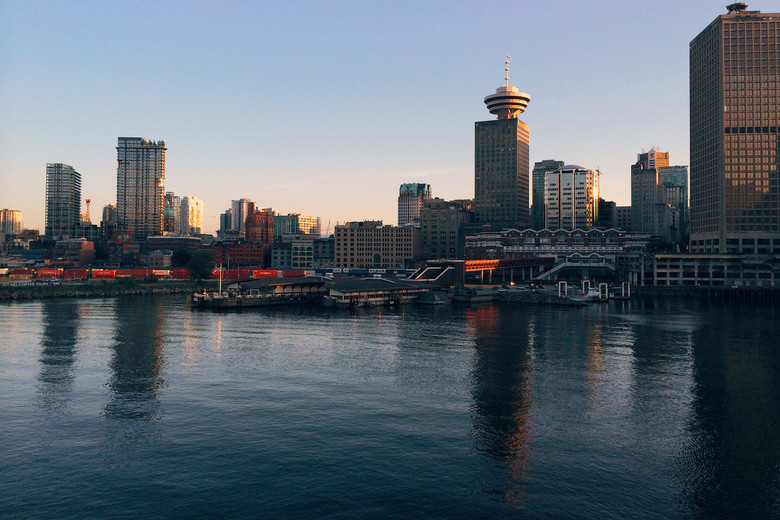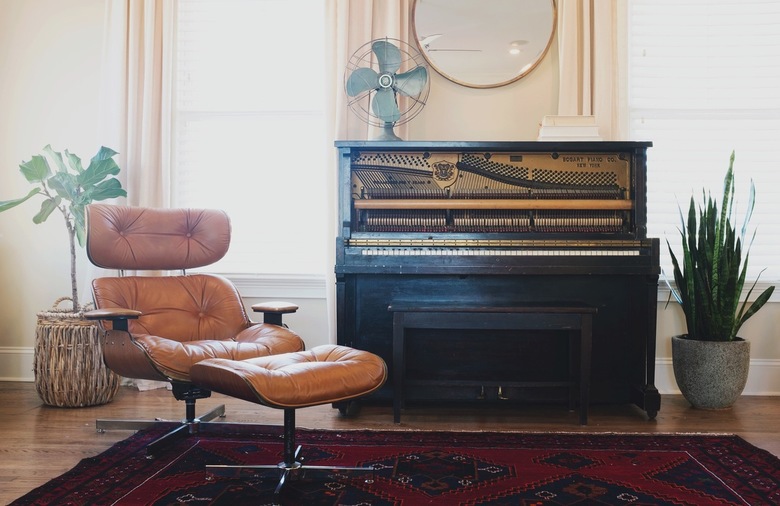Airbnb is a classic Silicon Valley startup success. A couple of guys realized people had a hard time booking hotel rooms for an industrial design conference, and started selling nights on air mattresses in their living rooms. They launched a website in 2008, funded by sales of custom-made breakfast cereals, which filled the gap between conventional hotels and couchsurfing. People could rent out their houses, apartments, rooms or just a couch for visitors. Six years later, the company was valued at $10 billion US.
Vancouver is one of the many cities now listed on Airbnb. A 2015 academic paper found 4,628 places for rent in Metro Vancouver, ranging from luxurious suites to single bed rooms with shared bathrooms.
Airbnb and similar services have disrupted the rental and hotel businesses in communities around the world. Property owners can rent out living space with more ease than ever before. Municipalities and strata councils are considering whether these services have a net positive or negative impact, especially in Vancouver, a city with a shortage of affordable rental housing and a large tourism industry.
Airbnb
Services like AirBnB, Vacation Rentals By Owner (VRBO), and Homeaway link property owners—"hosts"—with people who want a place to stay, usually for less than a month. This can range from a couch in someone’s living room to a furnished house. Airbnb's site also provides user reviews. Online classifieds like Craigslist and Kijiji also enable renting or booking local accommodation. Other well-known companies in this field include ridesharing companies like Uber and Lyft, which link people who want transportation with drivers and their privately owned vehicles.
Inevitably, Airbnb came under criticism. Cities and other jurisdictions have taken legal action to restrict short term rentals. In 2016, Berlin prohibited the rental of entire apartments, and rooms can only be rented with a permit. In 2010, New York State passed a law prohibiting rentals for less than 30 days. Though based in San Francisco, Airbnb housing was not legal there until 2014. Airbnb’s own policies state that the onus is on the hosts to familiarize themselves with local laws.
Vancouver
Airbnb’s impact needs to be considered in light of Vancouver’s large tourism industry and its constricted rental market.
Tourism Vancouver estimates 9.3 million people visit Vancouver every year, bringing in $6.1 billion annually and providing over 66,000 jobs. All of those visitors need to stay somewhere. Airbnb’s impact on the hotel industry is a separate issue to consider.
Canadian Mortgage and Housing Corporation reports put Vancouver’s vacancy rate at 0.8 per cent in 2015, compared to 1.8 in Toronto and 4.0 for Montreal. Critics argue that apartments and rooms that could be on the rental market for locals are instead being diverted into the much more lucrative travellers' market. Compare an average $1,090 monthly rental for a one-bedroom apartment in Vancouver to Airbnb’s rentals which start at $80 per night and can go much higher.
Part of the problem of assessing homesharing’s impact on the rental market of Vancouver and other cities is that Airbnb is notoriously reluctant to reveal information about their business. The best information on the company’s presence in Vancouver comes from independent reviewers.
Karen Sawatzky, a Simon Fraser University student, made a study of Airbnb in Vancouver in June 2015 as part of her Urban Studies master’s thesis. Her "webscraping" of the Airbnb website database indicated that on June 1, 2015, the City of Vancouver had 3,473 listings, while Metro Vancouver had 4,628. Both figures had increased over the previous five months. Most of the listings were concentrated in Downtown Vancouver, the West End, and Kitsilano. Most of the listings (71 per cent) were entire homes or apartments, including condos.
According to Sawatzky's report, the business opportunity is obvious:
if you look at average rents (such as provided by CMHC) versus Airbnb rates (data on that below) for a roughly equivalent unit, it’s clear that someone who’s willing to invest some time in becoming a savvy and available Airbnb ‘host’ can make two to three times as much by renting a property on a short-term basis to tourists than is possible by renting long-term to someone who actually lives here. But that’s not to say that everyone who can do that is doing so.
Impact
Working out the exact relationship between Airbnb short term rentals and the rental housing market is not easy. According to Sawatzky’s 2015 report, it would be wrong to say that all short term rentals are out of the Vancouver's rentals stock:
It’s not accurate to say that all units that are dedicated to STR [short term rental] use are being taken out of the rental stock because some of them have perhaps never been part of it, and/or those who own them are unwilling to have a tenant and so would leave the unit vacant if they could not rent it out short term.
By analyzing her data from the Airbnb site, Sawatzky estimated that out of 2,640 Airbnb hosts, there were 381 with more than one listing, controlling a total of 1,215 units. She is careful to add that the number of additional units indicated by these figures (834) is, at best, a rough estimate. Some of those units are controlled by businesses that would never make them available for residents, while others may be dedicated to STR use and not primary residences. Still, others may be owned by people whose primary residence is elsewhere, and they rent out their properties when not using them:
I am trying to get a ballpark sense here of how the number of Airbnb units might impact the rental vacancy rate. It seems that if even 10 per cent of the 3,473 June 1 [2015] Airbnb listings might otherwise be available to tenants, that would have an impact on the vacancy rate. Given the number of operators with multiple listings (381) and the number of units they held as of June 1 (1,215), this 10% estimate seems quite conservative.
Furthermore, Sawatzky says Airbnb primarily benefits residents who already have property to rent out, not tenants (who need the permission of their landlord) or prospective tenants
...if you’re homeless or precariously housed – i.e. if you're one of those most in need of affordable, accessible housing – don’t count on Airbnb helping you out with this.
Sawatzky also points out that Airbnb rentals are concentrated in the Downtown core and adjacent areas, which forces residents to move outwards, with consequent increases in transportation costs for residents who have to commute to work.
...it seems to me at this point that the net effect of Airbnb in Vancouver is to further enrich those who are already housing-advantaged and to worsen the situation of those who aren’t.
Airbnb’s response
Airbnb released its own report on its activities in Vancouver in July 2016. The document, based on a survey administered to a random sample of guests in 2015, emphasized the benefits of homesharing:
For thousands of hosts in the City of Vancouver, Airbnb is making it possible for regular people to make ends meet, pay the bills and stay in their homes. Meanwhile, with Airbnb listings throughout the city, including outside of traditional hotel and tourist zones, neighbourhood businesses are benefitting from an influx of visitor spending.
Apart from the tourism money, the "typical" host earned $6,500 annually. This money is said to help hosts afford their homes and avoid evictions and foreclosures.
According to Airbnb's report, the number of listings booked in Vancouver is not that as significant as some see it:
It is worth noting that, despite the year-over-year growth in listings that have been booked, only 4,400 entire home listings were booked in [the City of] Vancouver in 2015 – which represents about a per cent and a half of the total housing units in Vancouver.
Regulations
Despite the numbers, the short term rentals facilitated by Airbnb are technically illegal in Vancouver. Current bylaws say that residential properties must have a tenancy of at least 30 days, and the appropriate licenses for the type of property. Less than thirty days is only allowed if the residence is licensed as a bed and breakfast, with a maximum of two bedrooms and four guests. This also requires an additional parking space, a business license, a city safety inspection and a one-time permit fee. However, enforcement of these regulations is complaint driven, and often absent.
Furthermore, the Real Estate Board of Greater Vancouver states that strata councils have the authority to limit or ban short term rentals. The board also advises renters to understand and comply with the Goods and Services Tax and Provincial Sales Tax, the Income TaxAct, the Health Act, the Hotel Keepers Act, and other legislation and regulations.
Fellow Realtor Brenda Kinnear says that strata councils are worried about this new development:
What started out as homesharing has evolved into a much larger economic driver.
Outside investors are now interested in renting via Airbnb, but they are concerned because there is, 'a lot more management, and a lot more political interference.'
According to Brenda, there aren’t many purpose-built rental buildings left in Vancouver, and new ones aren’t being built because of limited land and NIMBY-ism ("Not In My Back Yard"). Airbnb is contributing to the shortage, but is not the only cause; others include the sheer expense of land downtown, which puts property out of the range of many young people.
In July, the BC provincial legislature passed Bill 28 which authorizes the City of Vancouver to impose an annual vacancy tax on specified residential properties. Hosts with four or more units must charge provincial sales tax, and any income earned must be reported on the host’s tax return. (Note that, according to Sawatzky’s data, 20 per cent of Vancouver Airbnb hosts provide four or more units.) Unlike the complaint-driven process previously, the Ministry of Finance has a dedicated investigations unit to look into non-compliance and fraud, and operates a tip line.
Call for report
On April 5, 2016, Vancouver city councillor Geoff Meggs called for a study of the effect of short term rentals on Vancouver’s housing market, to be delivered in September of 2016. The Globe and Mail quoted Councillor Meggs:
I think we passed the tipping point some time ago, where the downsides of this new business are becoming much bigger for people than the upsides.
Conclusion
Airbnb and services like it have formalized a process that used to be conducted informally through networks of friends, and greatly increased its scale. It is to be expected that municipalities and other agencies will try to regulate this new industry. Owners who wish to rent out part of their property need to be aware of the evolving regulations before they can take advantage of this new opportunity.
PT00DT





I think you should be able to rent out your home when away on holidays. But full time rentals should be regulated.
The *potential* impact of Airbnb is huge as 27% (and growing) of condos are investments.
I believe that Airbnb is just the part of Vancouver’s housing problem – but there should be clear rules for shared economy which is currently on the rise (and I don’t think this is temporary). Cities should adapt, too.